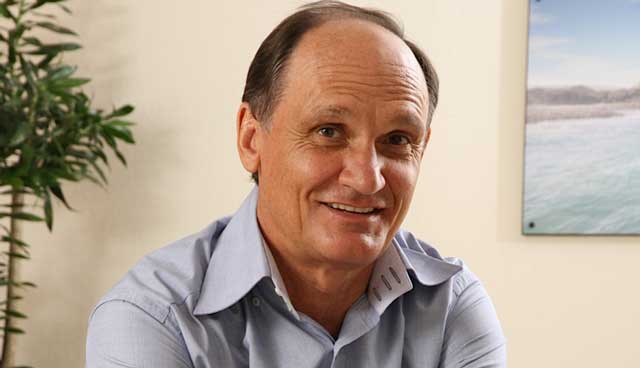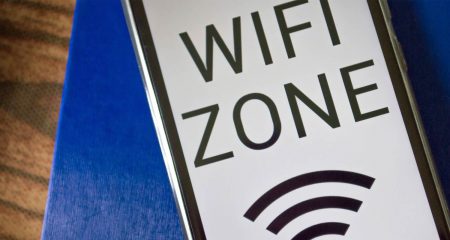
While both the City of Cape Town and City of Tshwane have specific plans to roll out Wi-Fi Internet access, the metros have taken divergent views on how to implement their vision.
“The total spending on Cape Town’s public Wi-Fi infrastructure, which is owned and managed by the city, is R10m to date. This is far less than the costs of Wi-Fi roll-out being charged to the City of Tshwane by their private sector partner, the nonprofit Project Isizwe,” the mayoral committee member for corporate services and compliance, councillor Xanthea Limberg, said in a statement.
“Here, instead of investing into the development of a city-owned network, Tshwane buys in a service from this organisation, which in turn provides free Wi-Fi to residents on behalf of the city, but retains ownership of the infrastructure used to do so.
“The average R183m that the City of Tshwane has allocated to buying the service from Project Isizwe/Hero Telecoms on an annual basis for a number of years now, results in no long-term benefit for the metro,” Limberg added.
The City of Tshwane has so far rolled out 780 public Wi-Fi access points through its implementation partner, Project Isizwe.
“Tshwane sees Wi-Fi technology as too fast moving for the government to manage. It’s one thing managing water (build a dam and it lasts for 100 years). It’s another thing keeping up with technology trends — Wi-Fi speeds double every year,” said Alan Knott-Craig, head of Project Isizwe.
“Instead of owning infrastructure, Tshwane pays for a Wi-Fi service. The service is managed by a strict service level agreement. This alleviates the city of hiring people and staying abreast of one of the fastest moving technology curves in the world,” he added.
Knott-Craig argued that the Tshwane model, which debuted in 2013, has demonstrated success.
“Tshwane has already proven the viable cost model, which is why the department of telecommunications & postal services has adopted Tshwane Free Wi-Fi as the model for South Africa Connect, and already issued grants to Port Elizabeth, Johannesburg and Mangaung to replicate.”
In addition to insisting on owning the network, Cape Town said that its Wi-Fi network would reduce the cost to communicate.
“We enable other service providers who do not have the financial means to build their own networks to enter the telecoms market, thereby increasing competition, reducing costs and improving service options and levels,” said Limberg.

Cape Town has so far deployed 206 Wi-Fi hotspots at a cost of R10m and has budgeted R7m for the 2016/2017 financial year. Once users have expired their free data allocation, they are directed to a page to buy additional Wi-Fi vouchers.
“As a responsible government, we are proud of the significant milestones we have achieved in a relatively short space of time and despite the ongoing attacks from the telecom providers of other municipalities, we will defend our business model,” Limberg said.
Knott-Craig said that 80 000 devices connect to Tshwane’s Wi-Fi service per day.
“Since 2013, the average cost of deploying a free Wi-Fi site has fallen by 11%, while speeds have increased 15 times — from 1Mbit/s to 15Mbit/s,” he said.
While mobile operators struggle with a lack of spectrum to scale their roll-out of high speed networks, Wi-Fi has emerged as a fallback technology to boost connectivity.
“Wi-Fi has proven itself again and again as not just a convenient way to connect your laptop or tablet to your home or office network, but also as a way to connect homes and offices to the national fibre backbone networks,” said Tim Genders, chair of the Wireless Access Providers Association, which represents 220 operators of Wi-Fi networks and technology companies.




